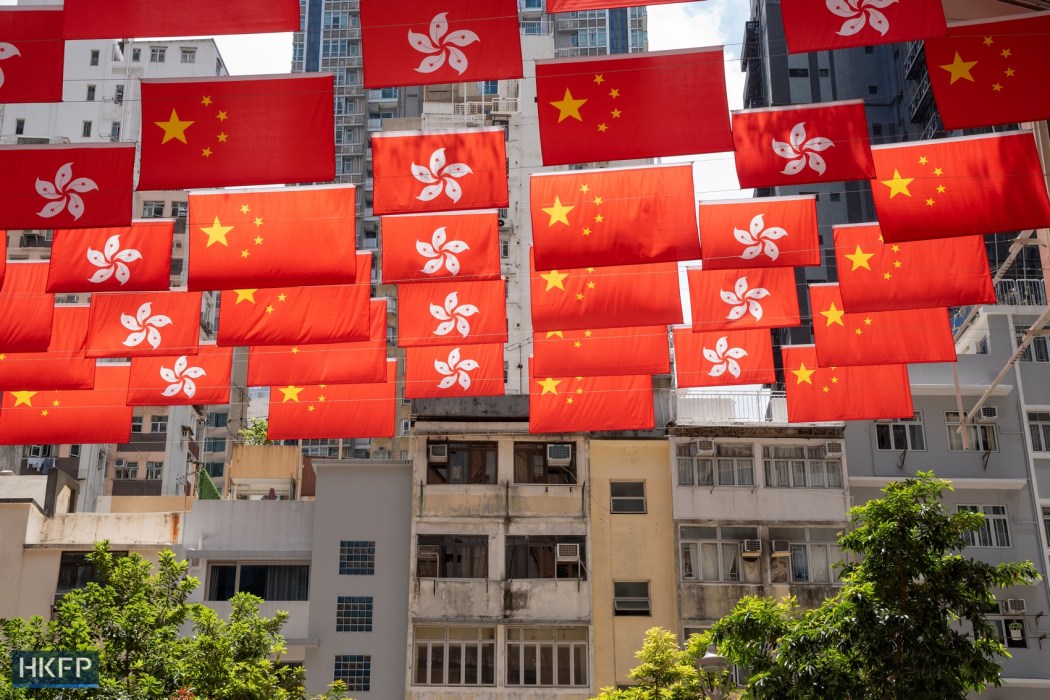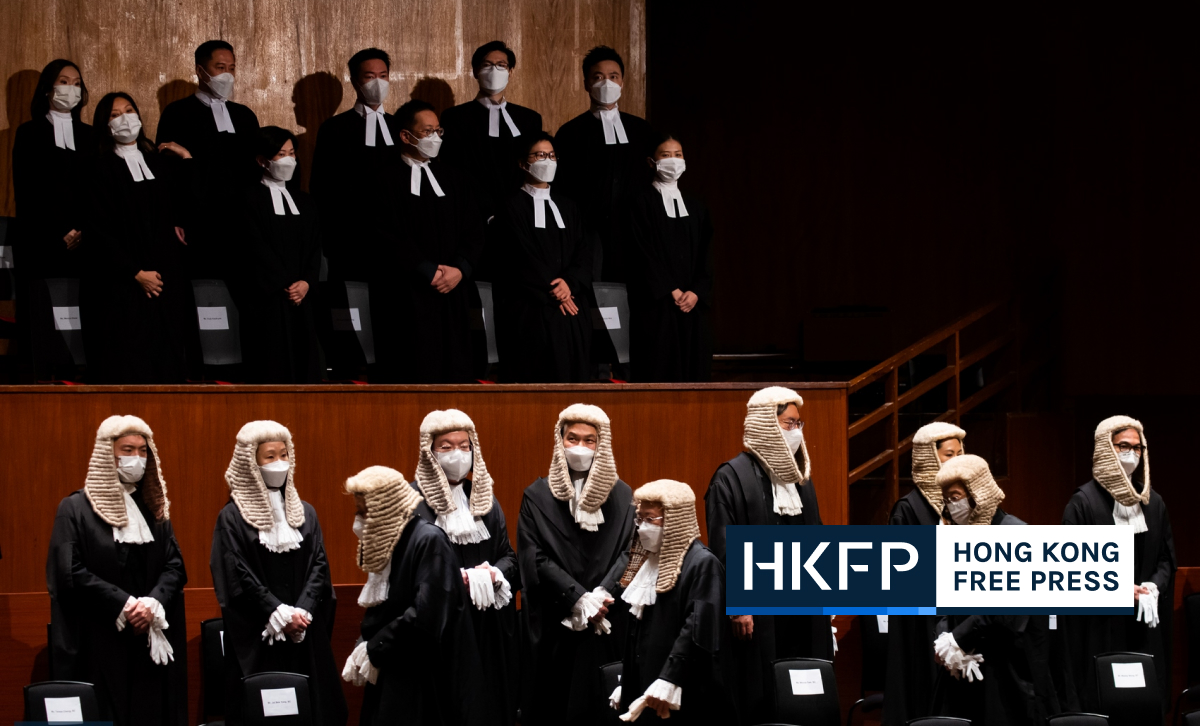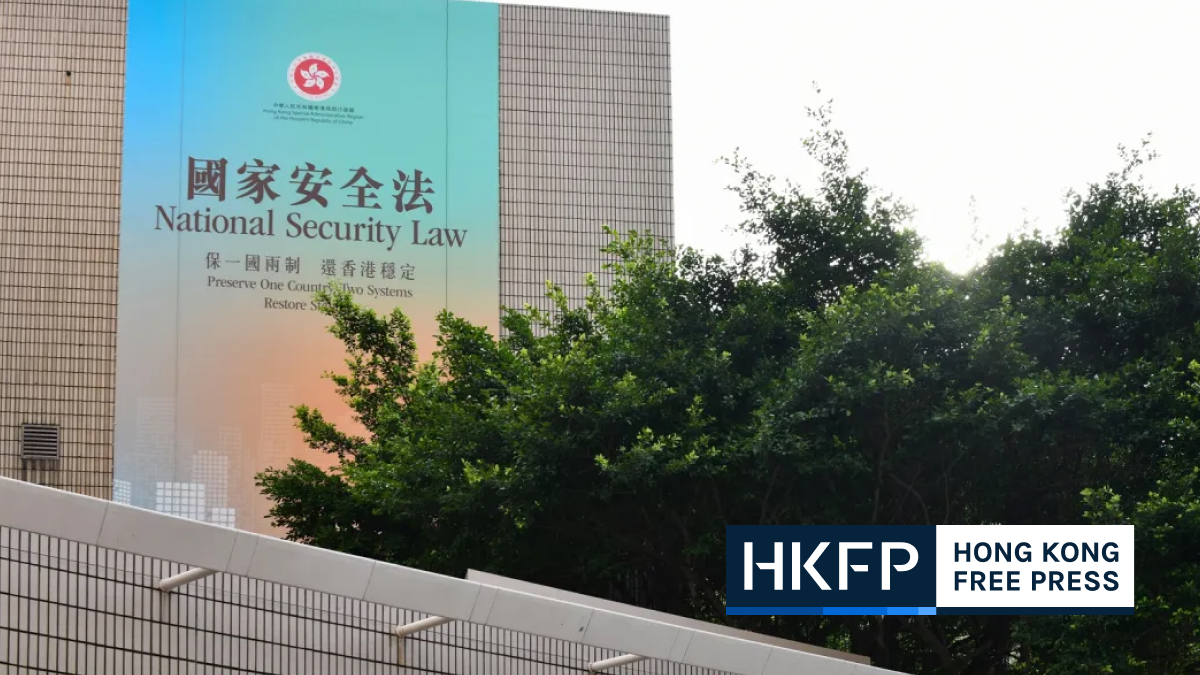Hong Kong authorities have proposed that programmes about national education, national identity, and the “correct understanding” of the national security law be exempt from an impartiality clause requiring “even-handedness” when opposing points of view are presented.
In a public consultation document released on Monday evening, the Communications Authority said it had considered licensees’ concerns that programmes meant to “[engender] a correct sense of national identity” could give rise to complaints that no opposing views had been included.

But it added that including programmes that objected to the national security law “just for the sake of observing the impartiality requirement” could amount to a breach of the security legislation. As such, “there is a case to stipulate explicitly… that the impartiality requirement is not applicable to such programmes to facilitate the operation of the licensees,” the document read.
Those programmes “are intended to provide information on, and promote the correct understanding of our nation which is conducive to the building of national identity and protection of national security,” according to the statutory body.
Members of the public were invited to give their views on the proposals by making written submissions to the Authority’s Wan Chai office on or before August 16 this year.
‘Positive programmes’
Following a review in February, the Communications Authority directed free-to-air broadcasters to include no less than 30 minutes of programming on national education, national identity, and the national security law each week as part of its “positive programme requirement.”
Under the authority’s TV Programme Code and Radio Programme Code, licensees must “ensure due impartiality is preserved” in news and current affairs programmes about public policy or issues of public importance in Hong Kong. Due impartiality requires licensees to “deal even-handedly” when opposing points of view are presented.

In June 2020, Beijing inserted national security legislation directly into Hong Kong’s mini-constitution – bypassing the local legislature – following a year of pro-democracy protests and unrest. It criminalised subversion, secession, collusion with foreign forces and terrorist acts, which were broadly defined to include disruption to transport and other infrastructure.
In May that year, the Communications Authority issued government-funded broadcaster RTHK with a warning for its “denigration of and insult to the Police” on satirical show Headliner, which was later axed.
Mainland Chinese programmes
The authority also proposed exempting programmes from “reputable sources on the Mainland” from complying with its regulations “with a view to offering more programme choices and promoting the understanding of the Mainland.” Programmes by CGTN Documentary and Radio The Greater Bay were launched in Hong Kong on July 1 last year on television and radio, as well as RTHK’s online platform.

In deciding whether to grant more “flexibility” in broadcasting mainland Chinese programmes, the authority will consider whether they promote “positive societal values and virtues,” whether the licensee has editorial control over programming, whether it receives advertising revenue, and whether the source of the show is identified clearly.
The authority also proposed relaxing regulations for sponsorships and indirect advertising, removing requirements governing how people appear in weight-loss advertisements, relaxing limits on repeats of children’s programmes, removing classification symbols in programme promotions, allowing television broadcasters to use QR codes in advertisements, and allowing radio broadcasters to use shorter messages.
Support HKFP | Policies & Ethics | Error/typo? | Contact Us | Newsletter | Transparency & Annual Report | Apps

















